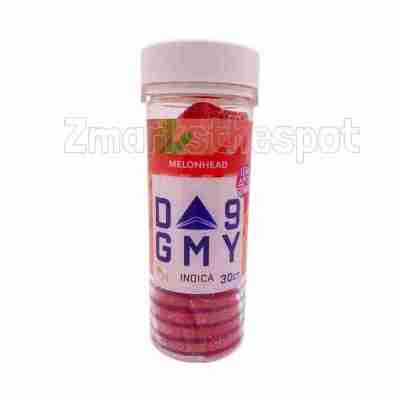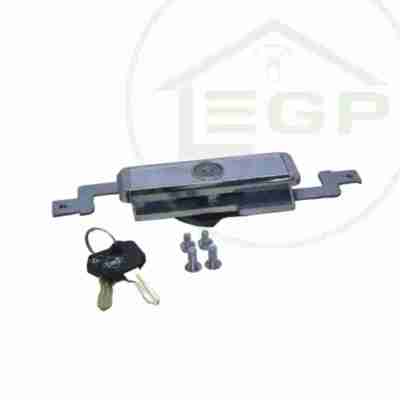The future of online cooking courses is set to be defined by personalization, convenience, and immersive experiences. Traditionally, cooking classes have been limited to structured formats, often requiring students to follow a set schedule or learn specific recipes. While this worked for many, it didn’t always accommodate the diverse needs and preferences of learners. As the demand for online courses grows, cooking schools and platforms are adapting by offering more flexible and tailored experiences.
One of the most exciting developments in online cooking education is the ability to customize learning paths. Platforms like MasterClass, Udemy, and Skillshare https://kursusbaksoonline.com/ have already begun offering specialized courses designed for different skill levels and cooking styles. Whether you’re a beginner looking to master basic knife skills or a seasoned chef interested in advanced techniques like sous-vide cooking, you can now select courses that align with your individual goals and interests. The future will see even more refined personalization, as AI-driven tools suggest courses based on your learning history, preferences, and cooking habits, creating a truly customized educational journey.
Beyond personalization, the future of online cooking courses will also feature more interactive and immersive elements. Virtual reality (VR) and augmented reality (AR) are two technologies poised to revolutionize the way we learn to cook. Imagine putting on a VR headset and stepping into a virtual kitchen where a professional chef guides you through a recipe, offering real-time feedback as you cook along. This kind of immersive experience could make learning more engaging and hands-on, without ever leaving your home. While VR is still in its infancy, there are already prototypes and concepts being developed, and it’s not hard to imagine a future where such courses become mainstream.
Augmented reality, too, holds significant potential for enhancing cooking education. For instance, AR apps could overlay step-by-step instructions directly onto your kitchen workspace, guiding you on where to chop, stir, or place ingredients. This level of interactive guidance would make cooking feel more intuitive and less intimidating, especially for beginners. Such tools could also offer visual cues, like demonstrating how a perfectly cooked steak should look, providing immediate feedback on your progress. As AR technology becomes more affordable and accessible, it will likely become an integral part of the online cooking experience.
Moreover, online cooking courses are not just about the lessons themselves but about building communities and fostering social connections. Social learning platforms are becoming increasingly popular, allowing students to interact with instructors and fellow learners through discussion boards, live Q&A sessions, and even cooking challenges. These interactive features can turn cooking courses into communal experiences, where students share tips, feedback, and their cooking triumphs. Social media integration will also continue to play a key role in connecting food enthusiasts around the world, creating opportunities to showcase recipes, share success stories, and build an online presence.
Another factor driving the future of online cooking education is the rise of sustainable and health-conscious cooking. With growing awareness about nutrition, food sourcing, and environmental impact, many online cooking courses are shifting their focus to plant-based diets, zero-waste cooking, and other sustainable culinary practices. The next generation of online courses will likely continue to reflect these trends, offering specialized courses on topics such as fermentation, foraging, and eco-friendly meal planning. By offering these courses, online platforms can cater to an audience that is not only interested in learning to cook but also in making more mindful, sustainable food choices.
Additionally, the convenience of online learning will continue to be a driving factor in the popularity of cooking courses. No longer do aspiring chefs need to travel to a cooking school or book time off work for an in-person class. With just a smartphone, tablet, or computer, learners can access thousands of courses at any time, from anywhere. This convenience allows people to fit cooking lessons into their busy lives, making it easier to develop their skills on their own terms. With ongoing advances in technology, we can expect an even more seamless experience in the future, where learners can access courses instantly, save their progress, and take part in live sessions with instructors from around the world.
In conclusion, the future of online cooking courses is bright, and the possibilities are endless. Personalization, interactivity, and convenience will continue to shape the way we learn to cook, allowing us to explore new cuisines, perfect our techniques, and connect with fellow food enthusiasts like never before. As technology advances, immersive experiences like virtual and augmented reality will make online cooking classes even more dynamic and engaging. The online cooking community will also continue to grow, driven by a shared passion for food and an increasing desire for sustainable, health-conscious cooking practices. With all these innovations on the horizon, it’s clear that the future of online cooking education will not only transform how we learn but also how we experience food itself.
Like
Comment
Share





